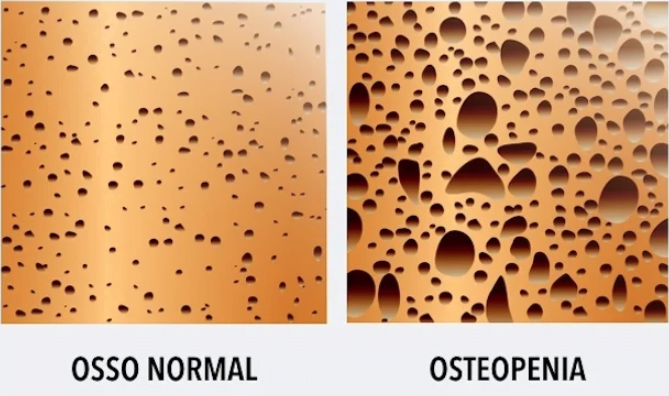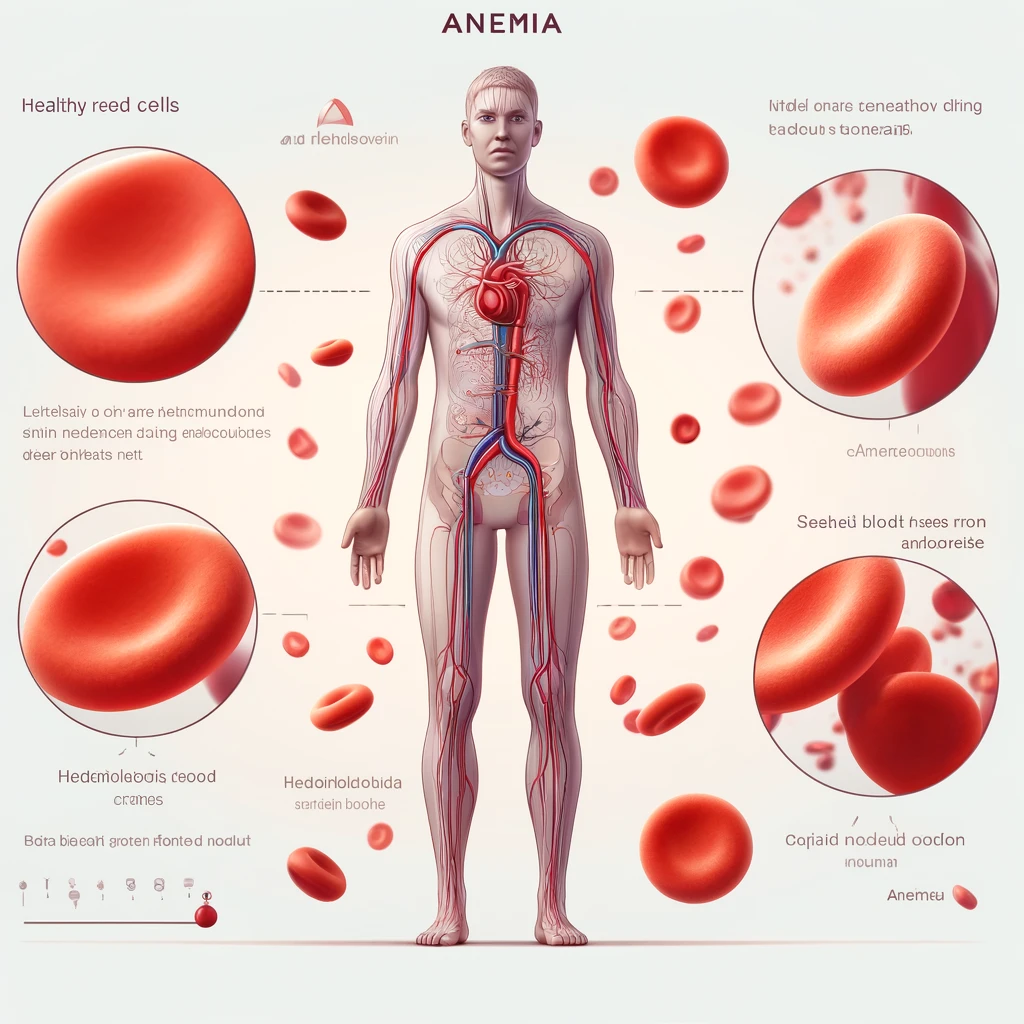Osteopenia: An Introduction to Bone Health
The health of our bones is a topic that is often overlooked until we face problems. One of these problems is osteopenia. But, after all, what is osteopenia? Let's dive into this topic.
What is Osteopenia?
Osteopenia is the stage preceding osteoporosis, characterized by slightly lower bone density than normal. Although it is not as severe as osteoporosis, it is a warning sign that your bones are starting to weaken and that your risk of fractures may increase.
Why is Bone Density Important?
Imagine your bones as a brick structure. The denser they are, the stronger and more resistant they are. Osteopenia is as if some bricks begin to wear away, making the structure less stable.
Causes of Osteopenia
Several factors can contribute to a decrease in bone density:
- Age: Naturally, as we age, our bones tend to lose density.
- Genetics: If your family has a history of osteoporosis, you may be at higher risk of developing osteopenia.
- Lifestyle: Diets low in calcium and vitamin D, a sedentary lifestyle, smoking and excessive alcohol consumption can accelerate bone loss.
Practical example: Think about your daily diet. If you consume few dairy products or calcium-rich vegetables, you may be depriving your bones of the “building materials” they need.
Symptoms and Diagnosis
Osteopenia, by itself, does not present clear symptoms. It is often identified after an unexpected fracture or during routine examinations. The gold standard test for diagnosis is bone densitometry.
Prevention and Care
The good news is that osteopenia can be prevented and, in many cases, reversed:
- Balanced diet: Consume foods rich in calcium and vitamin D. Milk, cheese, sardines and green leafy vegetables are excellent options.
- Exercises: Physical activities, especially those that put weight on the bones, such as walking and weight training, are essential.
- Avoid bad habits: Reduce alcohol consumption, avoid smoking and maintain a healthy weight.
Conclusion
Osteopenia is a warning that your bones need attention. With the right measures, it is possible to maintain robust bone health throughout the years. If you have concerns about your bone density or associated risks, consult a doctor. Remember: prevention is always better than cure.








